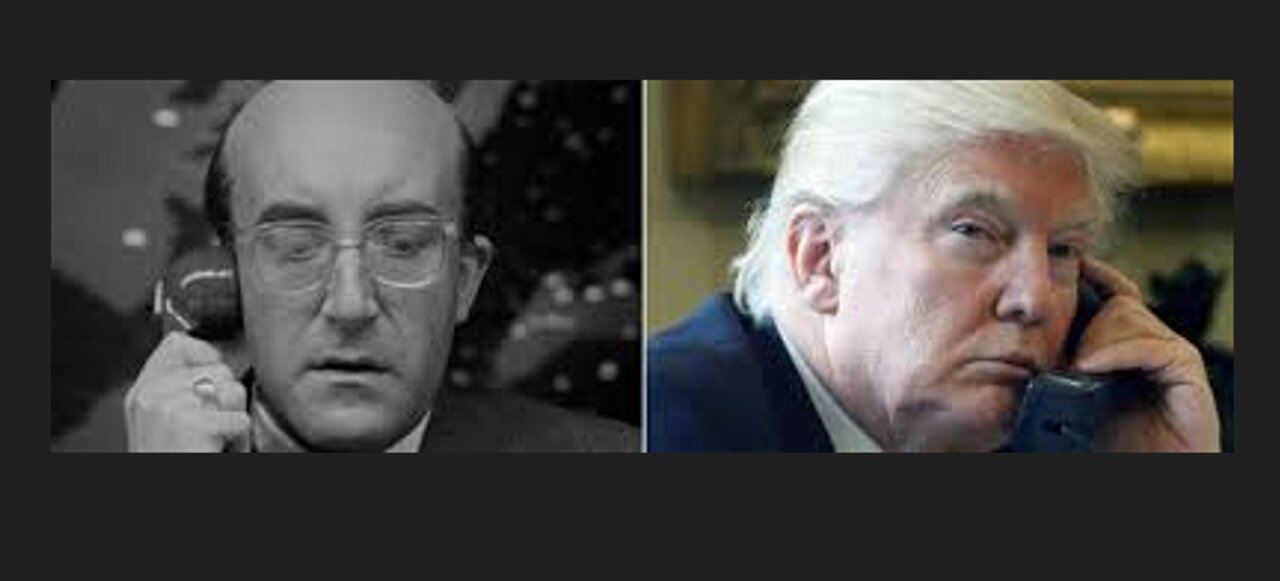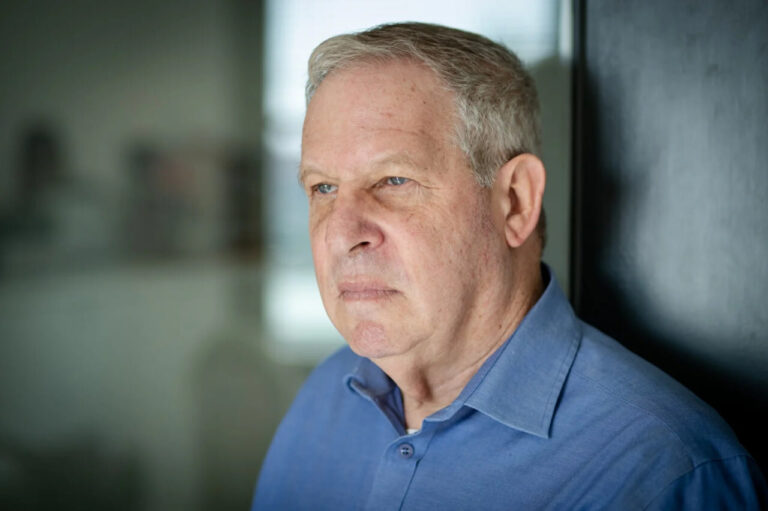Trumps Embrace the Bomb: A Journey from Fear to Acceptance
In a world that often seems to echo the absurdity of Stanley Kubrick’s iconic film Dr. Strangelove, the themes of paranoia and unchecked ambition resonate now more than ever. The current global landscape features leaders reminiscent of the film’s notorious characters—Benjamin Netanyahu as the reckless strategist, Elon Musk as the techno-utopian visionary, and Donald Trump as the hapless figurehead. This article delves into how moral vacuums and insatiable ambition are fueling a modern-day Strangelove narrative.
Part I: The Question, or The Problem
Reality often mirrors fiction in unsettling ways. Stanley Kubrick’s Dr. Strangelove or: How I Learned to Stop Worrying and Love the Bomb—a film born from the Cold War anxieties of the 1960s—may now seem like a prophetic commentary on the psyche of leaders like U.S. President Donald Trump.
This dark satire, adapted from Peter George’s Red Alert, tells the story of General Jack D. Ripper, a deranged U.S. officer who unilaterally orders a nuclear strike based on an imagined Communist threat. President Merkin Muffley, horrified by the madness, finds himself swayed by Dr. Strangelove, an ex-Nazi scientist (a caricature of Wernher von Braun, the architect of Hitler’s V-2 rockets and later a key figure in NASA’s Apollo program).
With a mechanical arm that twitches in Sieg Heil salutes, Strangelove reframes the apocalypse as an opportunity: millions may perish, but the enemy will perish first.
Fast forward sixty years, and Kubrick’s satire feels almost documentary in its accuracy. Today, Benjamin Netanyahu embodies Ripper, dragging the world toward chaos with reckless strategy.
- Elon Musk, with his erratic behavior, reflects Strangelove’s cynical worldview, whispering techno-utopian fantasies to those in power.
- Donald Trump, akin to the hapless Muffley, offers empty platitudes about peace while war-hungry advisors manipulate the narrative.
The nuclear bomb has transformed from a source of fear into a coveted object, becoming a golden idol in the temple of ego. The script unfolds like a play featuring a cabal of self-serving actors, intoxicated by power, rehearsing humanity’s demise.
Part II: The Answer, or The Solution
Why do figures like Trump fall prey to the allure of modern-day Rippers and Strangeloves? The answer lies in a profound moral void—a worldview shaped by insatiable greed.
For these leaders, the world resembles a stockpile to exploit, a zero-sum game where dominance justifies devastation. Their critical misstep is failing to understand that nations like Iran, Yemen, and Palestine fight not for conquest but for survival.
Trump’s philosophy distorts the wisdom of Omar Khayyam—a renowned Iranian poet and scholar likely unknown to Trump—turning the timeless advice to “seize the moment” into a thief’s creed: “steal before someone else does.”
He exhibits a lack of “death-awareness”—the humility derived from confronting mortality’s shadow. Would he hesitate if pulled centuries beyond his grave to witness the consequences of his actions? To witness children buried beneath rubble, cities destroyed by preemptive strikes, and lies that outlast their architects?
Trump’s sycophants—Mike Pompeo, Jared Kushner, and Bibi Netanyahu—act as mercenaries of flattery, arsonists feeding his vanity. His trajectory mirrors that of Saddam Hussein: a tyrant who loved no one, trusted no one, and ultimately became a cautionary tale.
Consider the humiliation of Volodymyr Zelensky at the White House: the fawning laughter, the transactional joy, and JD Vance’s appalling obsequiousness. They ensure he never contemplates: What legacy awaits when the applause fades?
Epilogue: A Requiem for the Living
Trump, Musk, and Netanyahu—whether you believe in hellfire or oblivion, your actions will echo long after your time on Earth ends.
The fallout from your choices—scorched earth, orphaned generations, and ecosystems ravaged for profit—will linger far beyond the sealing of your gold-plated coffins. Stripped of sycophants and spin, what remains of a life hoarding power? Only ash and the silent judgment of history.
Perhaps it is time to relearn what the West has forgotten: true power lies not in dominion but in stewardship. It requires thinking beyond rockets and markets, confronting the void that we recklessly ignore. We must strive to leave a world where “loving the bomb” is not a punchline but an epitaph.
The alternative is a Strangelove tale with no conclusion—a farce devoid of humor, a requiem lacking redemption.






